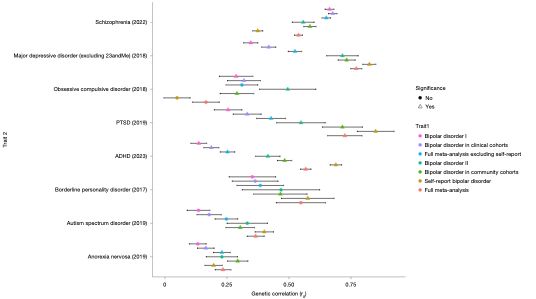






2/4

2/4
Newly published research from the Psychiatric Genomics Consortium (bit.ly/3JkuokY) aims to improve this by learning more about the condition’s underlying biology. Now in Nature: rdcu.be/d69fY 1/4
Newly published research from the Psychiatric Genomics Consortium (bit.ly/3JkuokY) aims to improve this by learning more about the condition’s underlying biology. Now in Nature: rdcu.be/d69fY 1/4


Newly published research from the Psychiatric Genomics Consortium (bit.ly/3JkuokY) aims to improve this by learning more about the condition’s underlying biology. Now in Nature: rdcu.be/d69fY
Newly published research from the Psychiatric Genomics Consortium (bit.ly/3JkuokY) aims to improve this by learning more about the condition’s underlying biology. Now in Nature: rdcu.be/d69fY
www.nature.com/articles/s41...

www.nature.com/articles/s41...

